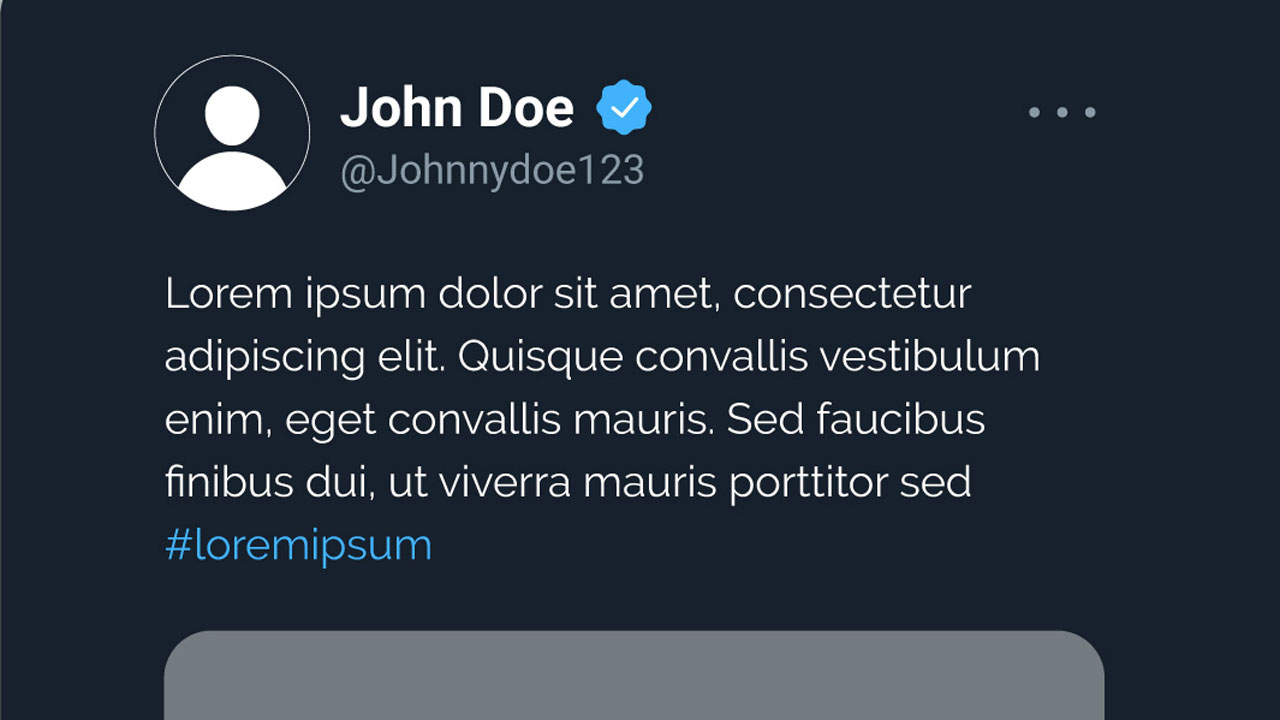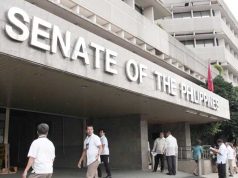Twitter’s new blue check policy may worsen false information in Philippines

By Kyle Aristophere T. Atienza, Reporter
TWITTER, Inc.’s paid verification system could worsen online disinformation in the Philippines and cut the reach of small news outlets, journalism experts said.
“We already have the problem of misinformation and disinformation traveling faster and reaching more people than news and fact checks, so we will likely see more of that with the added complication of bad actors possibly posing as fact-checkers and news sites themselves,” Jonathan de Santos, who heads the National Union of Journalists of the Philippines, said in a Viber message.
Twitter under Chief Executive Officer Elon R. Musk on Thursday started removing the blue check marks from users’ profiles, affecting verified journalists, politicians, government agencies and companies.
They must sign up for the subscription service, which experts said could lead to “verified disinformation.”
“The lack of verification will also be a problem in emergency situations or in stories that are still developing, since it will be more difficult to verify claims made by users or to verify that an account is legitimate,” Mr. De Santos said.
Under the old verification system, which was created under Twitter’s old owner, accounts “must be authentic, notable and active.”
The new paid verification system, a move that gives the social media company a new revenue source beyond advertising, will cost users $8 (P447) a month and businesses $1,000 a month.
Mr. De Santos said some big news outlets in the Philippines “have blue checks now, which could also mean that newsrooms will have to pay to be able to compete.”
“It’s a small amount, but it might not be an expense that smaller newsrooms would be willing or are able to pay.”
Twitter’s blue checks have been appearing on some accounts with more than a million followers — including some news outlets in the Philippines — and it remains unclear why.
It’s not clear whether a user’s account has received a badge by either paying for it or having more than a million followers.
Carlos H. Conde, a senior researcher at the Asian division of Human Rights Watch, said local news outlets should disclose how they got the blue badge.
“The blue check legitimizes Twitter’s questionable verification and I doubt they would like to take part in such a sham,” he tweeted, referring to local news outlets that have been verified.
‘ILL-ADVISED’
Mr. De Santos said the blue check would not be a major problem for established accounts with a large following.
“If a user has been following an account for a long time, it would be easy to know that it’s legitimate,” he said. “But if blue checks will get more exposure on feeds, that could be a problem of reach — like in how Facebook gave news lower priority in feeds.”
The subscription service might give fake news peddlers a wider audience, said Danilo A. Arao, a journalism professor at the University of the Philippines.
“In the past, Twitter had a better — even though it was far from perfect — system of verifying based on an objective evaluation of an account based on content and institutional affiliation, at least in the case of journalists,” he said in a Messenger chat.
Now, it’s possible for trolls and fake news purveyors to get a verified account for just $8 a month.
“Aside from making them appear legitimate, their tweets are also likely to be boosted, thus enabling the spread of disinformation,” he added.
Ms. Arao said Mr. Musk’s decision to make people pay for the blue check was “ill-advised and untenable.”
“This is not just an issue of wrong revenue stream but also an issue of irresponsible gatekeeping.”
Twitter’s new verification system would likely benefit accounts created to attack state critics, said Hansley A. Juliano, a political economy researcher studying at Nagoya University’s Graduate School of International Development in Japan.
“Intentional or not, the Philippine Twitter sphere pre-Musk had been dominated by socioeconomic demographics that fled the Meta, Inc. platform,” he said via Messenger chat.
Government critics in the Philippines including activists have been subjected to orchestrated harassment by some quarters including government forces on Twitter and other social media platforms where they have a strong presence, he said.
“Attempts to silence or isolate them further is just clearly overkill.”
Online news website VERA Files in a report said election-related online disinformation in 2021 had benefited President Ferdinand R. Marcos, Jr. the most.
It noted that out of 120 election-related false information, 52 “either promoted Marcos… or distorted facts about his family’s ill-gotten wealth cases and the atrocities committed under the administration of his father, the late dictator Ferdinand Marcos, Sr.”



